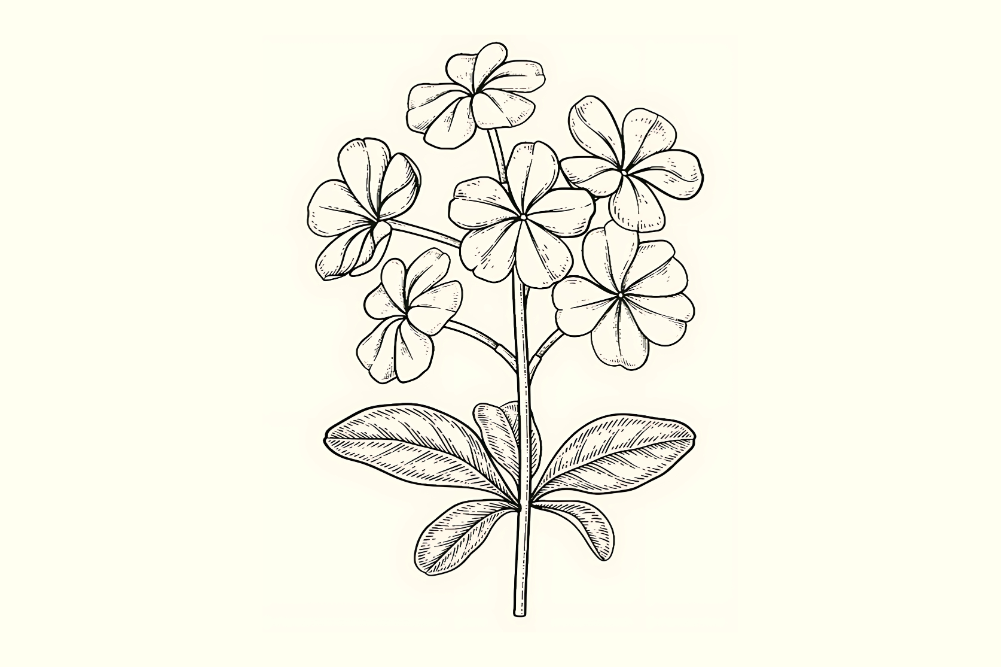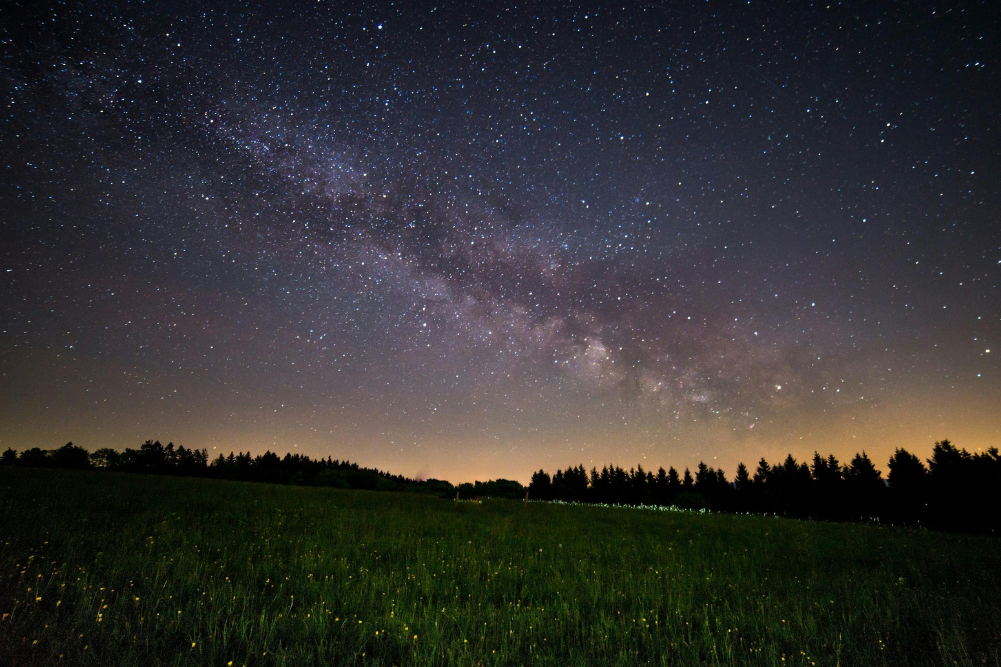A whale of a menopause
When you are a killer whale (Orcinus orca) you do things in a big way (even though you are technically a dolphin and not a whale). Male killer whales usually grow to an average of six to eight metres and weigh an average of 3,600 – 5,500 kilos while the female grows to an average of five to seven metres and weighs between 1,300 – 3,600 kilos. As a killer whale you eat between two and ten per cent of your body weight in food every day. So life as a orca is life in the mega lane and that extends even to menopause. Female killer whales have the longest menopause (life after fertility) of any non-human species and now researchers think they know why.
Female killer whales stop reproducing in their 30s or 40s but can live into their 90s. There are many theories as to why menopause has evolved in humans such as the “grand-mother hypothesis†which says that the high cost of reproduction in human females takes evolutionary precedence over being able to reproduce for your whole lifetime. There has been no definitive answer though as to why a small number of other species, including female killer whales also stop reproducing part way through their lives; until now.
To arrive at their conclusions these researchers analysed data gathered by studying two populations of killer whales from the North Atlantic for a period of 36 years.
Killer whales live in social groups where sons and daughters stay with their mothers in a single group throughout their lives. So mothers help their children survive. When sons mate their children are cared for by females in another group while when daughters reproduce their children stay in the group and increase competition for resources within that group.
Their analysis of the data showed that the presence of a mother who was no longer reproducing significantly increased her older offspring’s survival. This was particularly true for her sons. The death of a mother was found to increase the risk of death by 14 times for a male over the age of 30, but for daughters of the same age their death risk only increases by a factor of three. For females under 30 the death of a mother had no impact on survival.
The theory goes that to maximise their genetic survival without adding an additional burden of competition for resources to their group, mothers will maximise their protective efforts with their sons and hence a long menopause has evolved to allow them to provide that protection without having reproduction pressures.
It all sounds like a reality program equivalent to an orca version of “Mother and Son†is waiting to be filmed by an enterprising aquatic filmmaker. It also means that you should you find yourself confronted by a rampaging killer whale at some point when paddling in the ocean blue, you can console yourself with the thought that he is probably a mummy’s boy.







